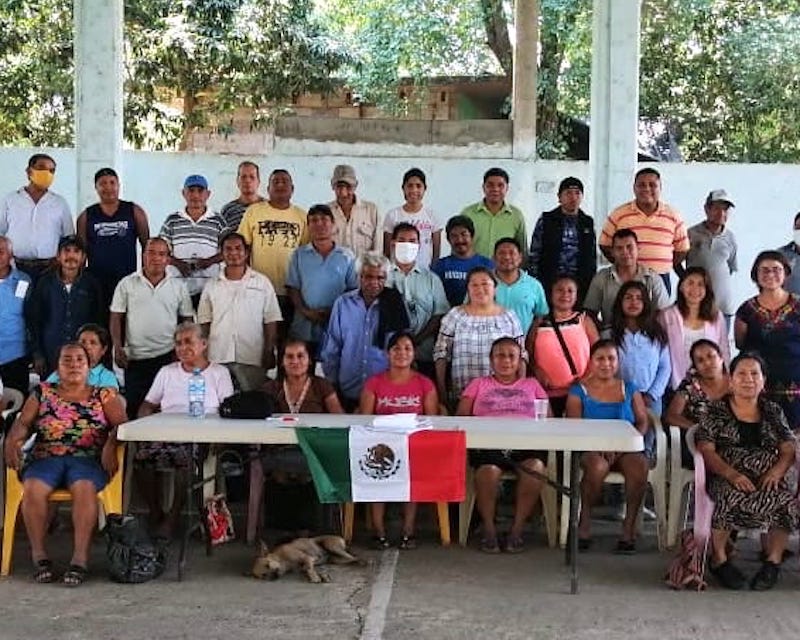There is still a great deal left to be understood about human trafficking in the United States. At Polaris, we work to fill this gap and create more data about human trafficking, how it happens, and how it can be used to hold traffickers accountable. Our data is used to pilot new programs, inform policy decisions, and create long-term strategies to end human trafficking. We share our knowledge with allied organizations, academia, and the anti-trafficking movement because the more we all know, the better we can work together to end human trafficking.
How We Do It
Annual Statistics
As the founding operator of the U.S. National Human Trafficking Hotline from 2007 to 2025, Polaris published annual data based on calls, text messages, webforms, emails, and webchats. This data, while limited and self-selecting, offers important insights into patterns of sex and labor trafficking in North America.


National Survivor Study
The National Survivor Study is the largest and most significant effort to date to learn directly from survivors of sex and labor trafficking about what they have experienced and what they need to heal. Focused on what happens after trafficking, the NSS is a forward-looking research study that focuses on survivors’ futures, not their past. It provides concrete pathways for action for how service providers, policy makers, and other allies can improve support options for survivors after trafficking.
Nonechka
Nonechka, meaning “Close to you” in Nahuatl, is a mobile platform Polaris uses to learn more about labor trafficking of migrant farmworkers in México and the United States. We use the platform to generate data on how farm workers are recruited, their working conditions, and to assess their vulnerabilities to labor trafficking. The goal of Nonechka is two-fold: to collect data directly from workers about their experiences and the dynamics of exploitation within the Mexican-U.S. agricultural sector, and to connect isolated migrant workers with crucial networks of support and information.


Financial Intelligence Unit
Polaris’s Financial Intelligence Unit leverages the reach, expertise, and motivation of the global financial sector to identify human trafficking operations through their financial footprints. We work to identify suspicious financial activity, conduct trainings for financial and anti-money laundering professionals, and support criminal cases against traffickers.